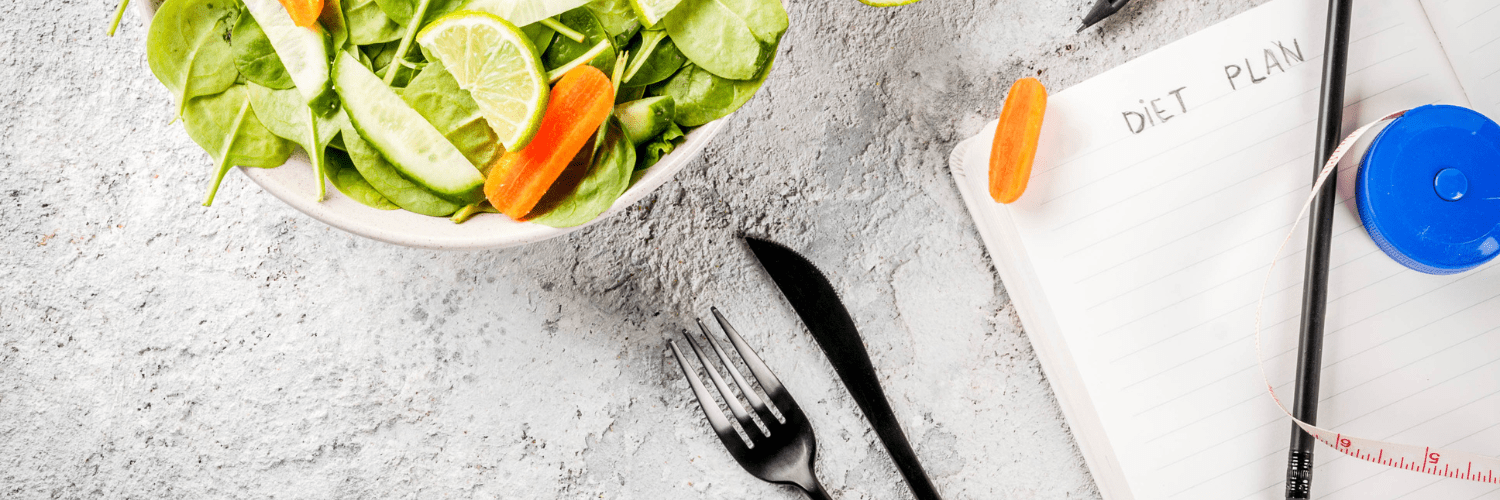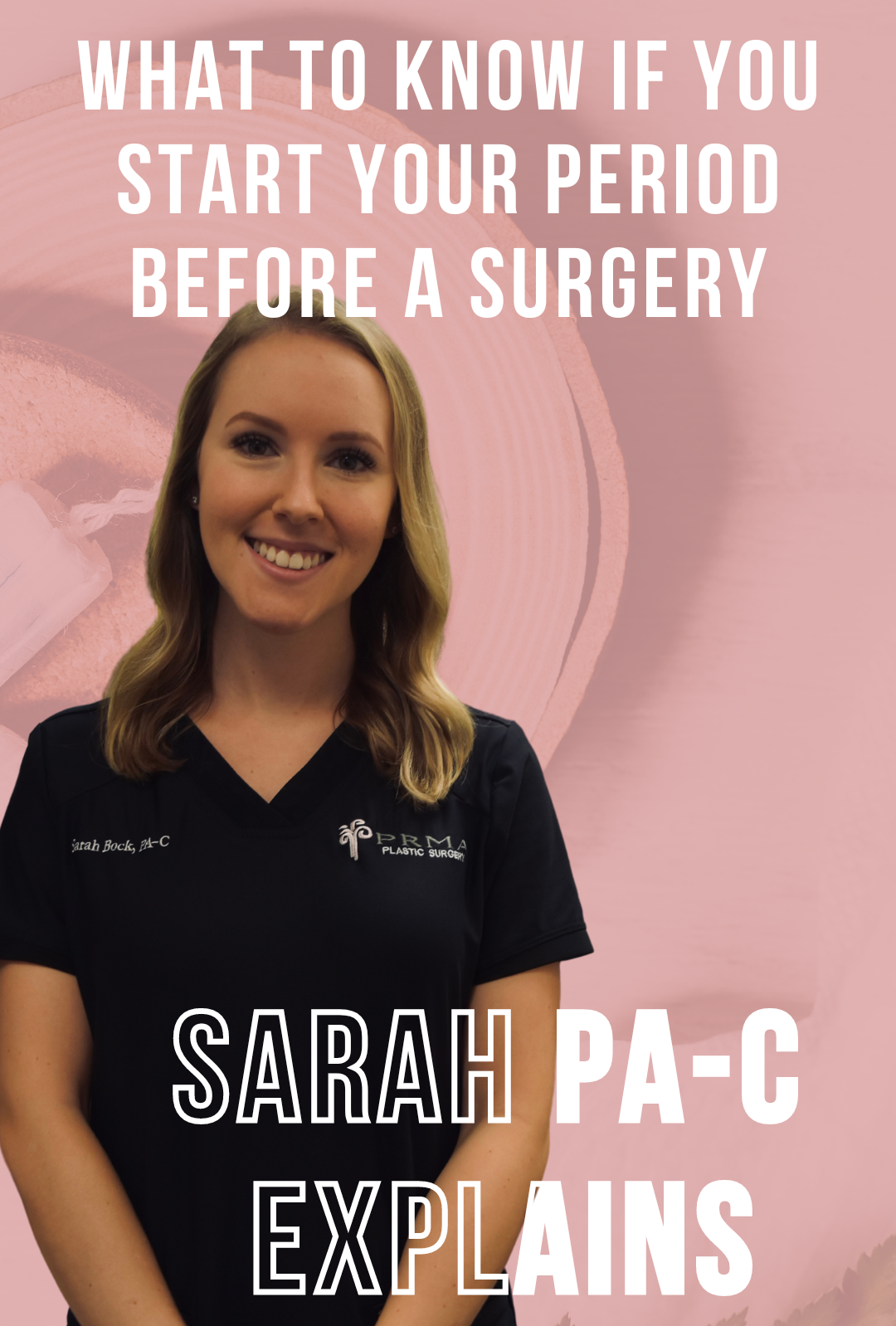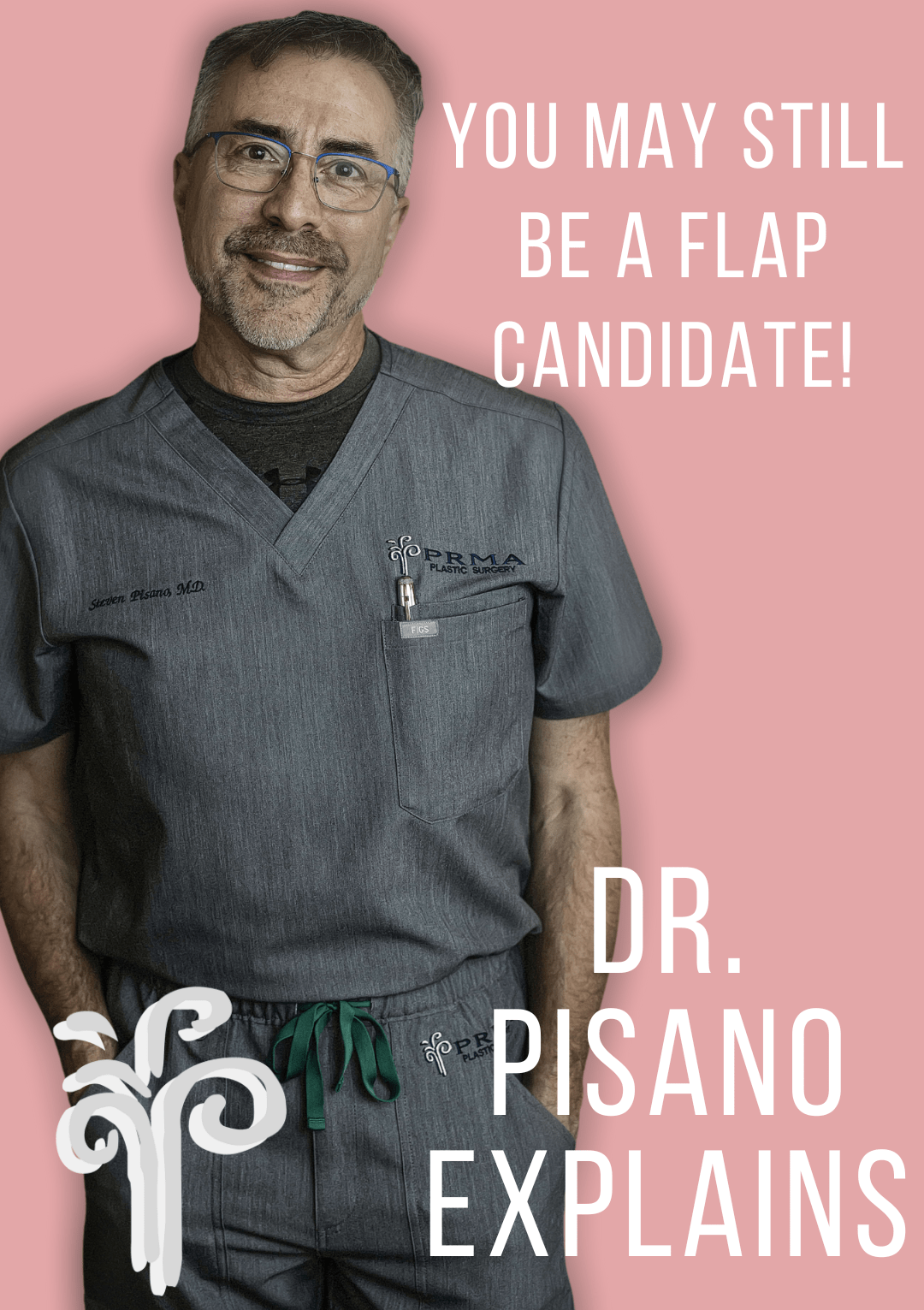
- 0 Comments
- PRMA Plastic Surgery
Prior to surgery, PRMA recommends that patients have a BMI below 40, and preferably below 35. This is because patients who have a BMI over 40 have a higher risk of complications, particularly wound healing problems. While DIEP flap surgery is safe for patients with a BMI over 35, losing weight decreases the risk of complications during and after surgery, improves healing and recovery, and helps you achieve the best results long term. Losing weight also decreases the risk of a breast cancer recurrence. Being as close to your ideal weight as possible prior to surgery is therefore always strongly recommended.
What Are the Best Tips to Lose Weight Before Surgery?
It is important to consult with your plastic surgeon and ask them how much weight you need to lose before your surgery. Your healthcare team will typically recommend a nutritionist in order to ensure you lose weight in a healthy way. In addition, we have created a general guideline for anyone looking to lose weight before surgery.
- Drink More Water: It may surprise you to learn that drinking water can aid in weight loss. Many times, while you feel hungry, you may actually just be thirsty. Therefore, try to drink 1 to 2 liters of water each day.
- Cut Out Processed Foods: Foods that have been heavily processed often contain unhealthy amounts of salt, sugar, chemicals, and preservatives. Reducing your intake of these highly processed foods is one of the most effective ways to improve your health and enhance the quality of your diet. Some processed foods to avoid include sugary drinks, syrups and jams, chocolate and candies, potato chips, bakery products, and fast foods.
- Increase Salad Intake: Salad is one of the most popular weight loss-friendly foods. Leafy vegetables are low in calories and sodium and do not contain cholesterol. Some of the health benefits leafy greens provide come from phytonutrients, which are special compounds that provide protection for plants. These substances are increasingly acknowledged as an essential part of a healthy diet that supports long-term health and wellness. Antioxidants, such as phytonutrients, can protect against chronic diseases including cancer and heart disease.
- Limit Your Sugar Consumption: It is important to decrease your sugar consumption when preparing for surgery. Try replacing it with a healthier, calorie-free option such as Stevia. Although sugar may provide an initial boost of energy, what follows is a significant drop in glucose, leaving you tired, lethargic, and irritable. Replace added sugar calories with complex carbs and foods with natural sugars and fiber like fruit to provide a steadier and longer supply of energy.
- Exercise More if Possible: Regular exercise will accelerate the results of your weight loss efforts. If you are new to working out, we recommend starting out by walking short distances until you build up your endurance and stamina.
Pre-Surgery Nutrition Guide
Making sure you are getting all the nutrients your body needs is just as important as losing weight before surgery. Follow the below guidelines before your surgery:
- Eat enough protein: Eating 0.5g – 1g per kilogram of your body weight is recommended. Portion sizes should range from 4-6 ounces of lean protein such as fish, poultry, eggs, pork, beef, and vegetable sources such as tofu. Limit beef to 1-2 servings per week if possible. We suggest combining protein with complex carbs to help with satiety.
- Increase veggie intake: It’s important to consume at least 5 servings of leafy greens and vegetables per day.
- Carb intake: The more complex the better. Limit white bread and highly processed flour.
- Oils: Avoid trans fat and saturated animal fats. Vegetable oils such as olive, avocado, and canola oil are higher in omega 3.
- You can consume berries, nuts, and other foods high in antioxidants. You can also drink nonsugary drinks such as unsweetened tea.
To learn more or schedule a nutrition consult, contact Suzanne Parker RD at Powerhouse Bakery, or research other reputable nutrition sources here.
“Set realistic, attainable goals after your surgery. Your body is going to feel different now than it did before surgery. If you are doing it simply to lose weight or get back into a certain dress or pant size you may be setting yourself up for failure. Reset your compass.”
Leave Comment
Sign Up for Our Monthly Newsletter
Continue Reading

Understanding DIEP Flap Reconstruction: FAQs, Recovery, and Best Practices
Understanding DIEP Flap Reconstruction: FAQs, Recovery, and Best Practices April 18, 2023 Share on Facebook Twitter Linkedin What is DIEP flap reconstruction surgery? DIEP flap reconstruction surgery, or Deep Inferior Epigastric Perforator flap surgery, is a type of breast reconstruction surgery that uses tissue from the lower abdomen to create a new breast after a […]

Unhappy with Your Implant Reconstruction Results? Here’s What You Can Do
Unhappy with Your Implants? April 05, 2023 Share on Facebook Twitter Linkedin Breast Reconstruction is a transformative surgery that helps many women feel whole again after battling breast cancer. While the procedure can be a significant step in your healing journey, it’s crucial to know what to do if you’re unhappy with your results.Be Honest […]

Enhanced Recovery After Surgery (ERAS): The Future of Perioperative Care at PRMA Plastic Surgery
Enhanced Recovery After Surgery (ERAS): The Future of Perioperative Care at PRMA Plastic Surgery March 31, 2023 Share on Facebook Twitter Linkedin At PRMA Plastic Surgery, we are committed to providing the best possible care for our patients. That’s why we have adopted the Enhanced Recovery After Surgery (ERAS) approach to perioperative care. ERAS is […]

Preventative Breast Mastectomy: Taking Control of Your Breast Cancer Risk
Preventative Breast Mastectomy: Taking Control of Your Breast Cancer Risk March 23, 2023 Share on Facebook Twitter Linkedin Considering a Preventative Mastectomy?Whether you have a BRCA gene mutation or a family history of breast cancer, your doctor might have suggested a prophylactic mastectomy to lower your risk.This procedure, also known as a preventative mastectomy, removes […]

No ICU Stay Needed: PRMA’s Advanced Surgical Techniques and Recovery Protocols
No ICU Stay Needed: PRMA’s Advanced Surgical Techniques and Recovery Protocols March 22, 2023 Share on Facebook Twitter Linkedin DIEP (Deep Inferior Epigastric Perforator) flap surgery is a popular breast reconstruction surgery that uses a patient’s own abdominal tissue to reconstruct the breast after a mastectomy. This procedure is becoming increasingly popular due to its […]

TruSense®
TruSense® March 15, 2023 Share on Facebook Twitter Linkedin Breast cancer is a devastating diagnosis that affects millions of women every year. For many women, a mastectomy is the recommended course of action to remove the cancerous tissue. While a mastectomy can be lifesaving, it often comes with the undesired side effect of lost sensation […]

What to Know if You Start Your Period Before a Surgery: Expert Advice for Women
What to Know if You Start Your Period Before a Surgery: Expert Advice for Women March 10, 2023 Share on Facebook Twitter Linkedin What Happens if You Start Your Period Before Surgery? Starting your period before a surgery can be a cause of concern for many women. It is important to understand that surgery puts […]

Too Thin For DIEP Flap? You May Have Other Flap Options!
Too Thin For DIEP Flap? You May Still Be A Flap Candidate! March 03, 2023 Share on Facebook Twitter Linkedin What happens if you are too thin for DIEP flap surgery? At PRMA we have successfully performed DIEP flap reconstructions on women with BMI’s of 20 and even less. For those who are deemed “Too […]

How Long Will I Be Out Of Work After DIEP Flap Breast Reconstruction Surgery?
How Long Will I Be Out Of Work After DIEP Flap Breast Reconstruction? January 31, 2023 Share on Facebook Twitter Linkedin DIEP Flap Breast Reconstruction is a major surgery that requires planning, support, and 4-6 weeks of recovery time. The exact length of time off work after a DIEP flap will depend on several factors, […]

This Simple Coding Change Could Kill Access to DIEP Flap Breast Reconstruction for Thousands of Americans
This Simple Coding Change Could Kill Access to DIEP Flap Breast Reconstruction for Thousands of Americans January 25, 2023 Share on Facebook Twitter Linkedin Changes in medical coding by the Centers for Medicare and Medicaid Services (CMS) will severely limit the breast reconstruction options women have available through insurance, potentially making procedures like the DIEP […]


No Comments